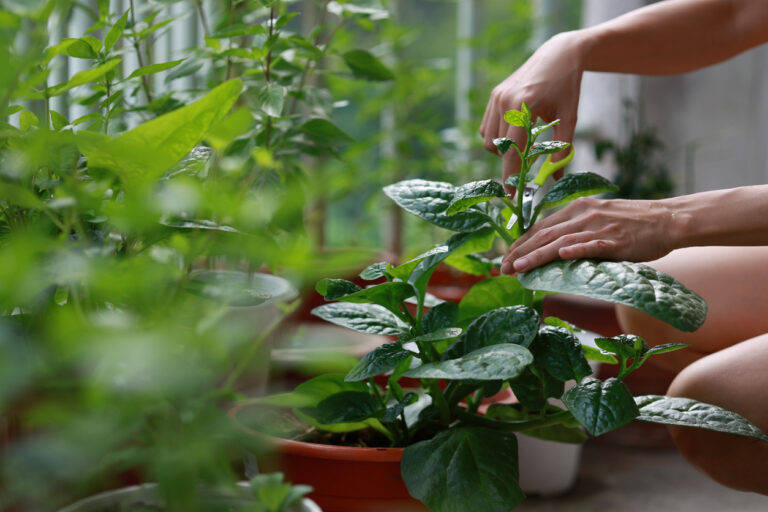What is Journaling? A Guide to Depth and Consistency

What is Journaling? A Guide to Depth and Consistency
Journaling has become a space saturated by trends and overrun with categories. There’s a journal for goals, another for gratitude, one for habit tracking, and another for daily reflections. Given social platforms sensationalize curated scrapbooks, there’s a lean towards design more so than depth. Many feel overwhelmed by the mere thought, either never starting or abandoning the practice after a single entry.
Journaling doesn’t require separation, it requires cohesion. We write as a way of thinking, of returning to self, and of building a sense of visible continuity. Such writing is best preserved in one place: uninterrupted, reflective, and whole.
This site supports a different kind of journaling. Not journaling for performance or productivity metrics, but for clarity, transformation, and depth.
We advocate a unified, reflective practice. A single evolving document that captures thoughts, patterns, discoveries, and growth as they unfold naturally over time.
Journaling and Intellectual Wellness
At its core, journaling is not about format or aesthetic; it is about consistency. Writing daily, whether three lines or three pages, is an act of accountability. It holds a mirror to your internal life and allows you to track the slow, quiet progression of thought.
This type of writing supports more than emotional clarity; it strengthens intellectual wellness.
When we write consistently, we refine our ideas, organize our perspectives, and engage with greater precision. Some days, you may reflect on a passage from a book. Others, you might explore an unresolved emotion, a vision for your future, or a pattern you’ve begun to notice.
Over time, these entries begin to form the progression of becoming.
A Personal Journal for a Sustainable Practice
Cohesive journaling is inherently sustainable. Not solely with respect to materials, but in rhythm and mindset.
Dividing journaling into categories and spreading it across multiple notebooks fractures and burdens the process. What begins with intention often ends in abandonment. Not for lack of motivation, but because the model itself is unsustainable.
A personal journal that holds the range of life—thoughts, goals, readings, and challenges, becomes an honest reflection of the whole self. It allows you to write without switching formats, contexts, or objectives. This mirrors organic thought, fluidly, intuitively, and without interruption.
Sustainability is not just about packaging or ingredients; it’s a way of being. It’s about minimizing excess and maximizing meaning. We are not building routines to optimize our lives. We are creating practices that support us, day after day, without depletion.
What is Journaling for the Self-Aware?
To answer the question, what is journaling, is to strip it of trends and return it to a method for thinking clearly. This style is not about capturing every detail of your life. We journal to build a relationship with self and to better understand our thoughts, habits, contradictions, and transformations.
Writing is not performance. Each entry is a checkpoint toward deepening our awareness. The entries are not separate documents. They are a single body of work that, over time, begins to resemble your becoming.
Final Thoughts: Depth Over Distraction
The practice of journaling requires us to intentionally prioritize self in depth. It is an act of tending to the health and well-being of our inner state, with the goal of understanding and transformation.
Journaling is the documentation of your becoming.
The aim is not simply to write every day, but to be present—aware, engaged, and so deeply invested in the process that it is no longer a priority, but a way of life.



